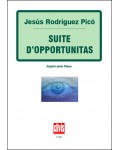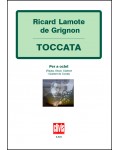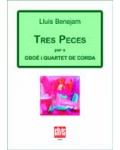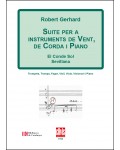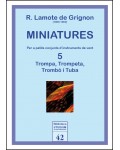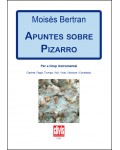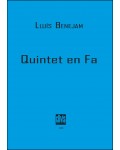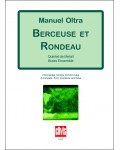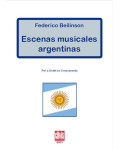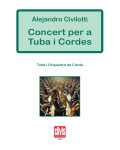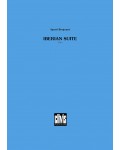
No products
Prices are tax included
Product successfully added to your shopping cart
There are 0 items in your cart. There is 1 item in your cart.
- English
- Castellano
- Català
Calidoscopi III
DE486
Calidoscopi III by F. Taverna-Bech is not just a descriptive work but features numerous reflective elements and a certain melancholy, like a flow of nostalgia for other times when, as a child, he was captivated by the toy.
| Period | 20th c. |
| Instruments | fl.cl.vl.vc.pno. |
| Pages | 63 |
| Time | 7 min. |
| Contents | score + parts |
| ISMN | 979-0-3502-0773-0 |
| Price of print edition | 26€ |
| Edition | Digital |
As the composer himself wrote, literally, Calidoscopi III op.38, was originally written for piano, and later transcribed for the flute, clarinet, piano, violin and cello without precisely following the original. Indeed, on transcribing the work, Taverna condensed it by a couple of minutes but added colour and variety, leaning more towards the suggestion of its title. Unusually it is not just a descriptive work but features numerous reflective elements and a certain melancholy, like a flow of nostalgia for other times when, as a child, he was captivated by the toy. Taverna says that the seven short movements that make up the composition are structured around a series of twelve sounds, treated with great freedom and a pattern bordering on the rhythmic. Both elements develop audio images like the images produced by light in a kaleidoscope.
Written in 1979, it was premiered on 19 September of the same year by the ensemble Diabolus in música conducted by Joan Guinjoan. Two months later, his second son Joan was born. That same year he had premiered Croquis, for guitar; Cicle, four movements for the viola; Sonata I, Tres peces acadèmiques (Three Academic Pieces), also for the piano, and was continuing to work on various versions of Graffiti, later published by Clivis. Also during that year he joined the board of directors of Joventuts Musicals de Barcelona and scripted the programme Escenaris for TV2 on the premieres of works by other Catalan composers.
Jordi Maluquer

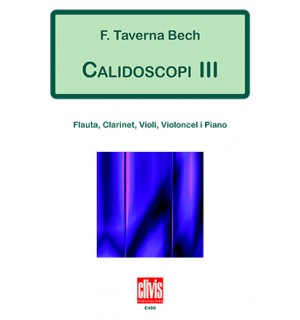




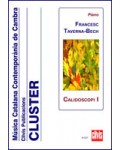
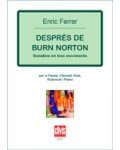
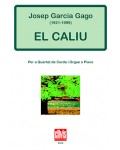
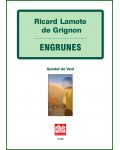
![Érebo [score]](https://www.clivis.cat/854-home_default/erebo.jpg)
![Érebo [parts]](https://www.clivis.cat/858-home_default/erebo.jpg)
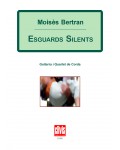
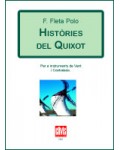
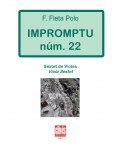
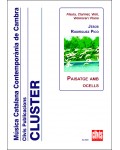
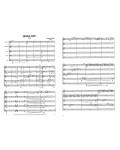
![Quintet de corda [score]](https://www.clivis.cat/65-home_default/quintet-de-corda.jpg)
![Quintet de corda [parts]](https://www.clivis.cat/66-home_default/quintet-de-corda.jpg)
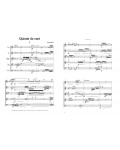
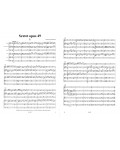
![Sextet [score]](https://www.clivis.cat/936-home_default/sextet.jpg)
![Sextet [parts]](https://www.clivis.cat/942-home_default/sextet.jpg)
